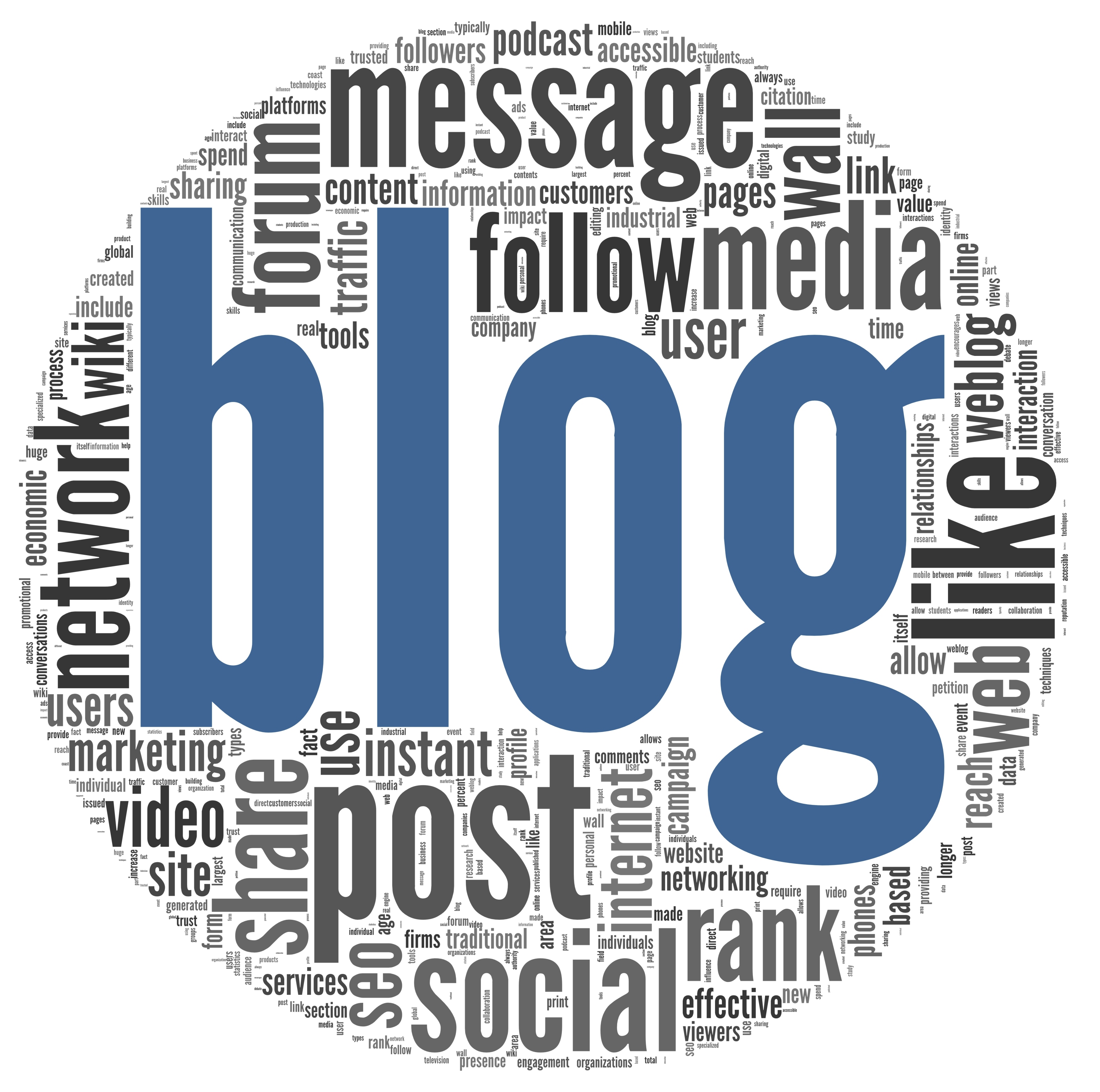Mastering the Art of Interview Preparation: Strategies for Success

In today's competitive job market, mastering the art of interview preparation is essential for securing your dream job. Whether you're a recent graduate or a seasoned professional, interviews can be daunting. However, with careful planning and strategic preparation, you can increase your chances of success significantly. This article aims to provide comprehensive strategies to help you navigate the interview process with confidence and achieve your career goals.
Emotional intelligence, a concept initially introduced by Peter Salovey and John D. Mayer, emerged during a casual discussion while they were painting a house. The duo, recognizing the absence of emotions in existing intelligence theories, combined their expertise to formulate a new perspective. According to the Yale Center for Emotional Intelligence, Salovey and Mayer conceptualized emotional intelligence as the capacity to identify, comprehend, utilize, and regulate emotions effectively in everyday situations. Annie McKee, a senior fellow at the University of Pennsylvania Graduate School of Education and director of the PennCLO Executive Doctoral Program, further elaborates on emotional intelligence in professional settings. She defines it as the ability to comprehend and regulate one's own emotions while understanding and empathizing with others' emotions and motivations.
Research the Company:
Before walking into an interview, it's crucial to research the company thoroughly. Understand its mission, values, products/services, and recent achievements. This knowledge will demonstrate your genuine interest and enthusiasm for the role and the organization, setting you apart from other candidates.
Understand the Job Description:
Analyze the job description in detail to identify the key skills, qualifications, and experiences required for the position. Tailor your responses during the interview to showcase how your background aligns with the job requirements. Use specific examples from your previous work experiences to illustrate your suitability for the role.
Practice Common Interview Questions:
Prepare responses to common interview questions such as "Tell me about yourself," "What are your strengths and weaknesses?" and "Why do you want to work here?" Practicing your responses aloud will help you articulate your thoughts clearly and concisely during the interview. Additionally, anticipate behavioral questions that assess your problem-solving skills, teamwork abilities, and leadership qualities.
Develop a Strong Elevator Pitch:
Craft a compelling elevator pitch that highlights your skills, experiences, and career goals in a succinct manner. Your elevator pitch should capture the interviewer's attention and leave a lasting impression. Practice delivering your pitch with confidence and enthusiasm to showcase your value as a candidate.
Dress Appropriately:
Dressing appropriately for an interview demonstrates professionalism and respect for the opportunity. Research the company's dress code and aim to dress one level above the expected attire. Choose conservative and well-fitted clothing that reflects your personal style while projecting a polished image.
Prepare Questions to Ask:
Prepare thoughtful questions to ask the interviewer about the role, team dynamics, company culture, and opportunities for growth. Asking insightful questions demonstrates your genuine interest in the position and allows you to gather valuable information to make an informed decision if an offer is extended.
Practice Interview Etiquette:
Practice good interview etiquette by arriving on time, maintaining eye contact, and exhibiting positive body language throughout the interview. Express gratitude to the interviewer for their time and reiterate your interest in the role before leaving. Sending a personalized thank-you email following the interview is also a thoughtful gesture that reinforces your interest and appreciation.
Stay Calm and Confident:
Nervousness is natural before an interview, but it's essential to stay calm and confident throughout the process. Practice relaxation techniques such as deep breathing or visualization to manage pre-interview jitters. Remind yourself of your qualifications and accomplishments, and approach the interview as an opportunity to showcase your skills and expertise.
Mock Interviews:
Conduct mock interviews with friends, family members, or mentors to simulate the interview experience. Solicit feedback on your responses, body language, and overall demeanor to identify areas for improvement. Mock interviews provide valuable insights and help build confidence for the real interview.
Continuous Learning and Improvement:
Treat each interview experience as a learning opportunity to refine your interviewing skills. Reflect on your performance after each interview and identify areas for improvement. Incorporate feedback from recruiters or interviewers to enhance your preparation strategies for future interviews.
In conclusion, mastering the art of interview preparation requires thorough research, strategic planning, and confident execution. By following these strategies, you can position yourself as a strong candidate and increase your chances of success in any interview scenario. Remember to stay authentic, enthusiastic, and well-prepared, and you'll be well on your way to securing your dream job.








